Keep updated with phanganist.com by following our Facebook page.
Si Ri Panya a respected Tutorial School in Bantai is adding mindfulness and meditation into their daily curriculum.
Last year the school gained its Tutorial School License from the Thai Ministry of Education and with a new building project underway they will be the first licensed International School on Koh Phangan in April 2017.
The school had a modest beginning with just five students in 2012, but has grown to offer an education to more than sixty students as quickly word has spread of its high quality teaching and learning, within a family-orientated environment.
School Co-Founder and License Holder Mr. Wijetson Bunchuoy, was a monk for more than ten years and is a well known Koh Phangan local with a passion to improve the learning experience and English language ability of students on Koh Phangan. Mr. Wijetson Bunchuoy believes that as part of a high-quality education all children would benefit by taking part and learning about mindfulness and meditation every day for a few minutes so they are aware of their emotions and feel calm.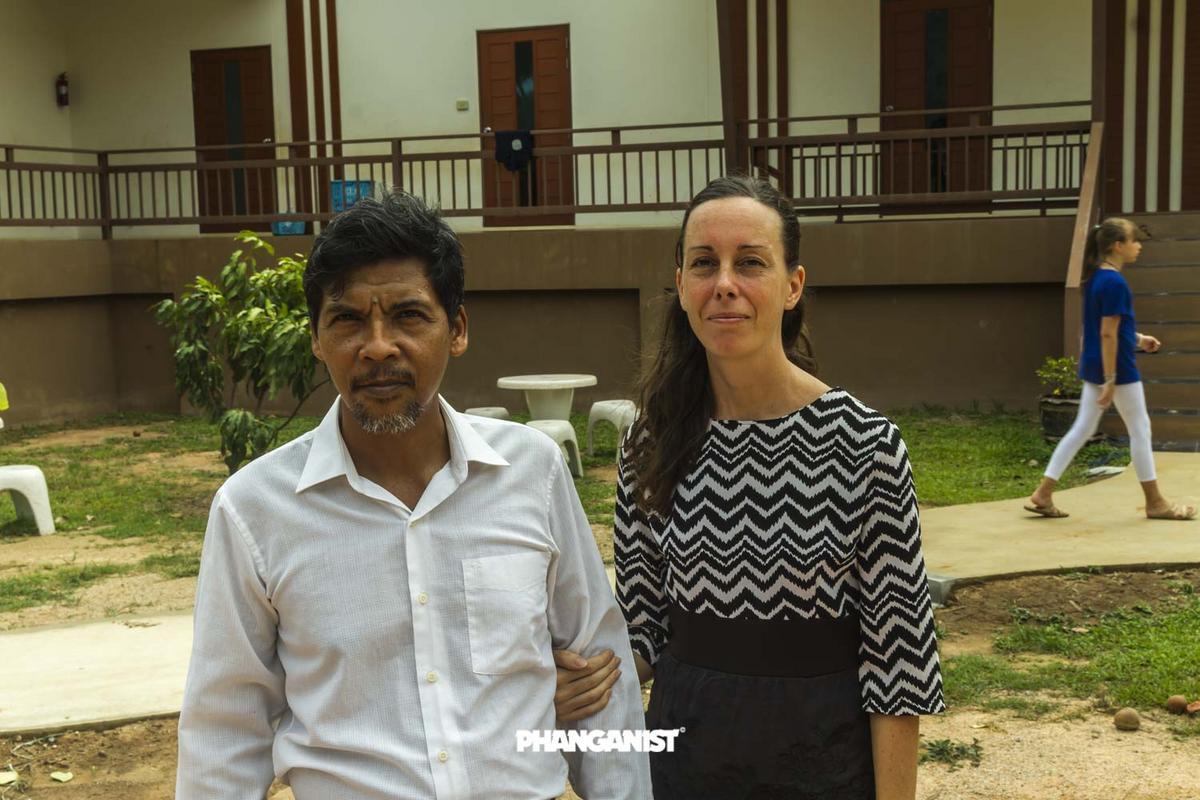
Meditation in schools is not a new idea; the UK has already introduced meditation in four hundred secondary schools and the British Department for Education has designed a mindfulness and meditation teaching programme.
At schools in the UK just a month after meditation began, teachers noticed changes in behaviour.
‘Students seemed happier. They worked harder, paid more attention, were easier to teach and the number of behavior incidents fell dramatically’.
It’s these results that have led to more and more schools worldwide introducing meditation.
Today M. Wijetson Bunchuoy has taken the time to talk to Phanganist about the five minute daily mindfulness and meditation sessions that Si Ri Panya are introducing into their curriculum.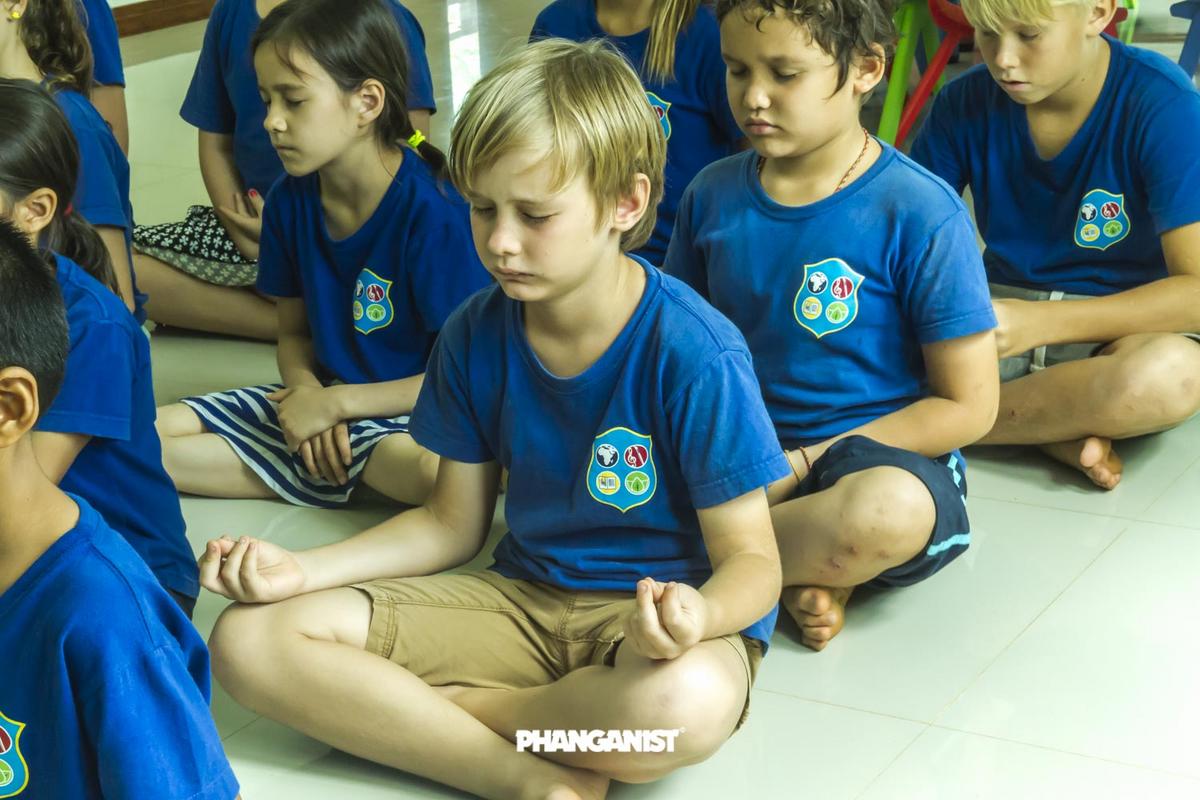
What is meditation?
Meditation can teach, practice or train you in everything! To play sport, to learn, when you want to do something you need to see yourself and ask yourself, how much can I do? How good can I be? You need to ask yourself did I progress or not? How far do you want to go and how far have you come already.
To measure and check yourself in this way you must be aware, and this is what meditation can help you to achieve.
Do you understand? I wish I could answer this in Thai, I worry it is easy to have a misunderstanding when I speak in English – Can I speak in Thai? Oh well…
Why should children learn to meditate?
When children study meditation they can touch and see the reality of a situation. Children can learn basic meditation together in a group, in a peaceful, silent condition.
Within the group they can feel their connected energy; it makes the children realize that when they do something they are not alone. They are responsible for others as well; they learn to care about the other children’s feelings within the group.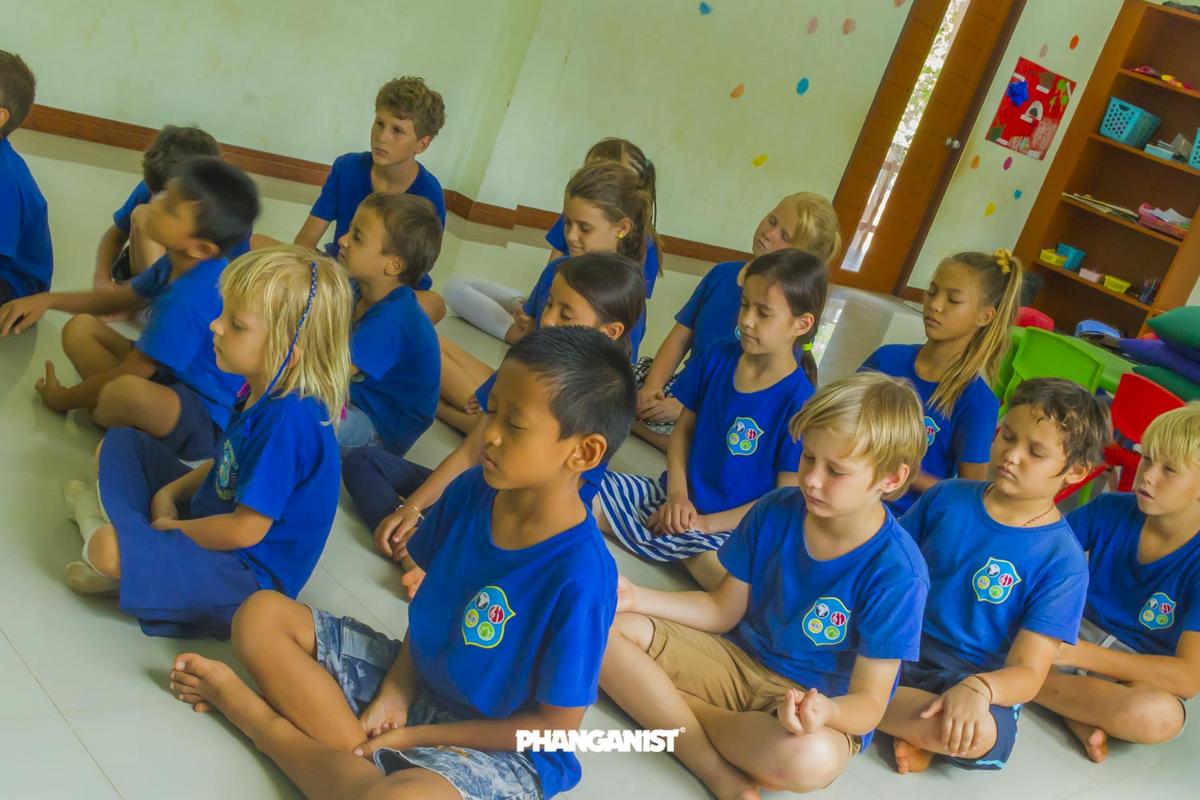
What’s the difference between the way you teach meditation to children or to adults?
It depends… normally it’s a simple basic meditation we teach children but we try to check the maturity of the child first. Children love to spend time playing with lots of energy – which is great but we must also help them prepare the mind to learn, to focus, even when playing the mind must still be awake and aware.
When children learn meditation they plan every step and movement. I love to see the children become aware when they do something; they can practice this awareness again and again and then progress on from this basic meditation. Normally meditation is not only to focus when doing things, but it covers awareness and wisdom as well.
When children study meditation what are the main benefits?
Normally if you prepare a good activity they can have good fun, they will enjoy life and be happy boys and girls. Or on the other hand if you want them calm, peaceful and relaxed, we can improve ourselves by becoming more aware of our own feelings. In the long term children grow up with the feeling that they can balance their emotions in different situations – in a crowded place or when alone - this is important.
The other thing that is very important is efficiency of mind, that when doing a job it should be of a high quality, as they can manage their time and not spend their energy without direction. When they want to spend 10 minutes doing something, they do it in 10 minutes when they want to do something in an hour they do. Children begin to see themselves clearly and learn to develop the standard of themselves for their life. But this is only one part of meditation, you need to learn more or otherwise someone can have too much expectation or too much stress, by meditation we also let children learn to relax and to accept even when they do not get what they want. So to learn meditation is to be cheerful, happy and to have fun.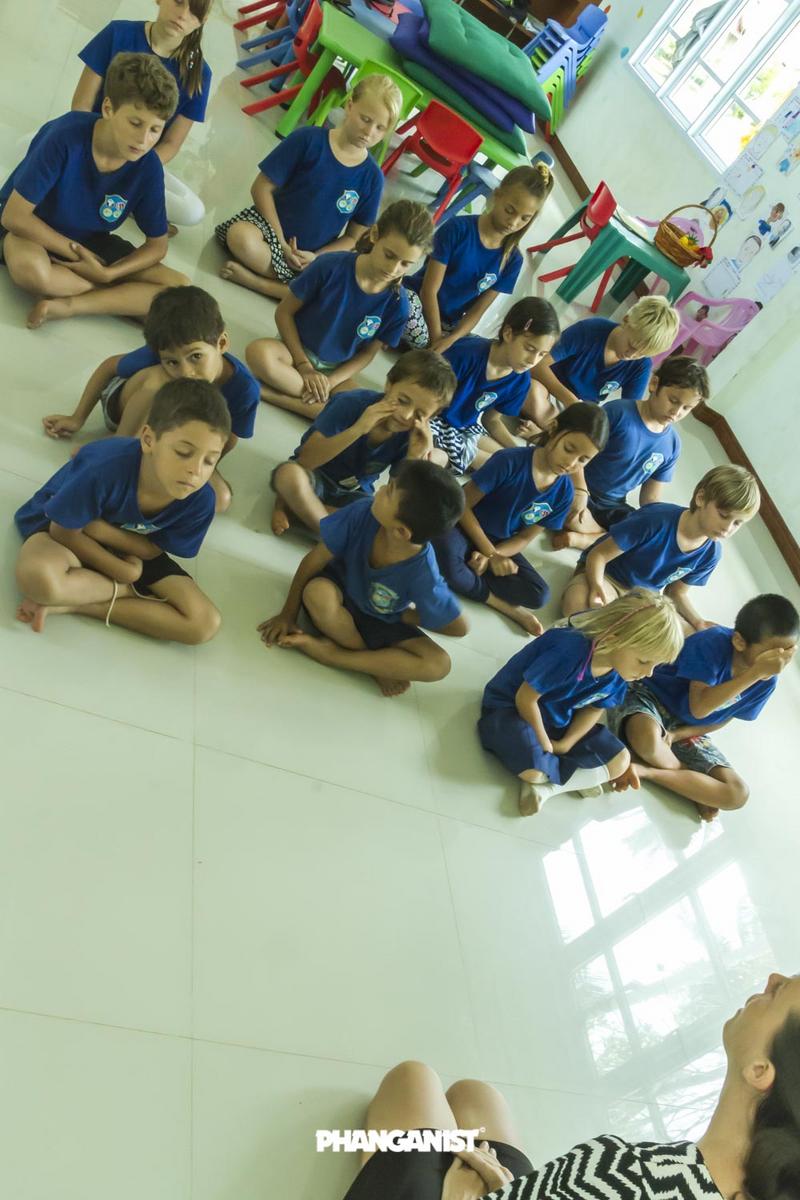
How long should we meditate?
It’s not about meditating for one minute or five minutes it’s about first understanding. It’s not about how long someone meditates it is about quality, when they start if they can do one minute or three minutes it's good enough, but they practice every week – quality! It doesn’t mean they start today and get good quality in one day it’s not like that.
They can practice every day just a few minutes and bit by bit they progress and know how to do and they learn to be happy. From these basic steps they learn preparation of mind before doing things.
How has meditation helped you?
Meditation has helped a lot - helped develop my character, my personality – helps me to go to my destination. You can check yourself; this is the benefit of meditation. When you do something you are aware of what you are doing, and if it brings you closer to your destination.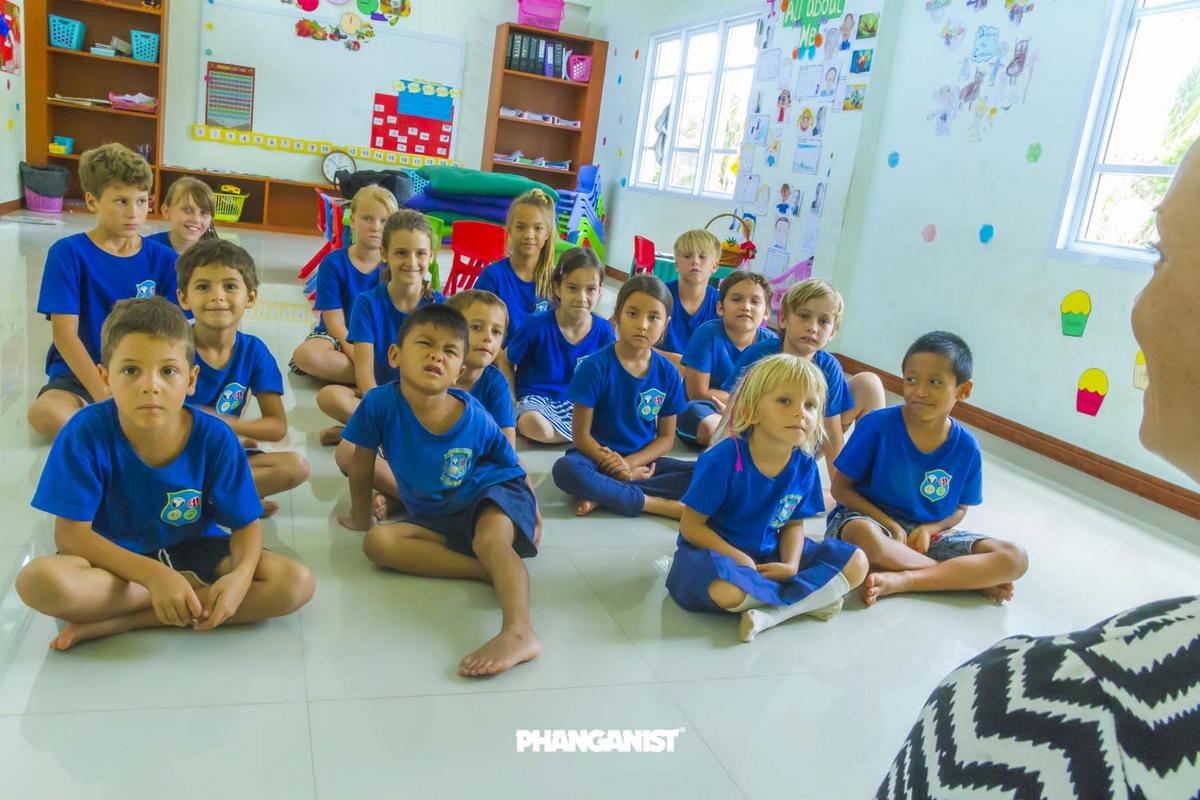
Is meditation a religious practice?
I don’t want to talk about what is religion, the meaning of religion for the private person or the public or even in the Western or Asian culture may be different. For me meditation has nothing to do with religion and nothing connect to religion. But it’s like a sport – you cannot see the religion in sport, but someone can make a sport like a religion for them.
If you are the follower of some famous football team and you hate the other teams because your team is your hero. Some people use meditation in a political or religious direction, but in our case we only want to do something that everyone have already in life and arrange our energy, understand our routine, how to do things with quality and to look after yourself by preparing the emotions and the mind.
How did you learn meditation?
I learnt when I was not a child, I was an adult, 25 years old, that was the first time in my life I started to meditate. It was new for me and I didn’t know what to do so I just followed the tradition of Thailand and I became a monk. I stayed a monk for more than 10 years and taught meditation in the Thai language, teaching and training is not difficult for me, but I worry with the language barrier teaching in English it is easy to have a misunderstanding, as when I explain something in the different language it can have a different meaning.
So at Si Ri Panya School I will train the teachers who will then guide the children in the 5 minute meditation sessions each day.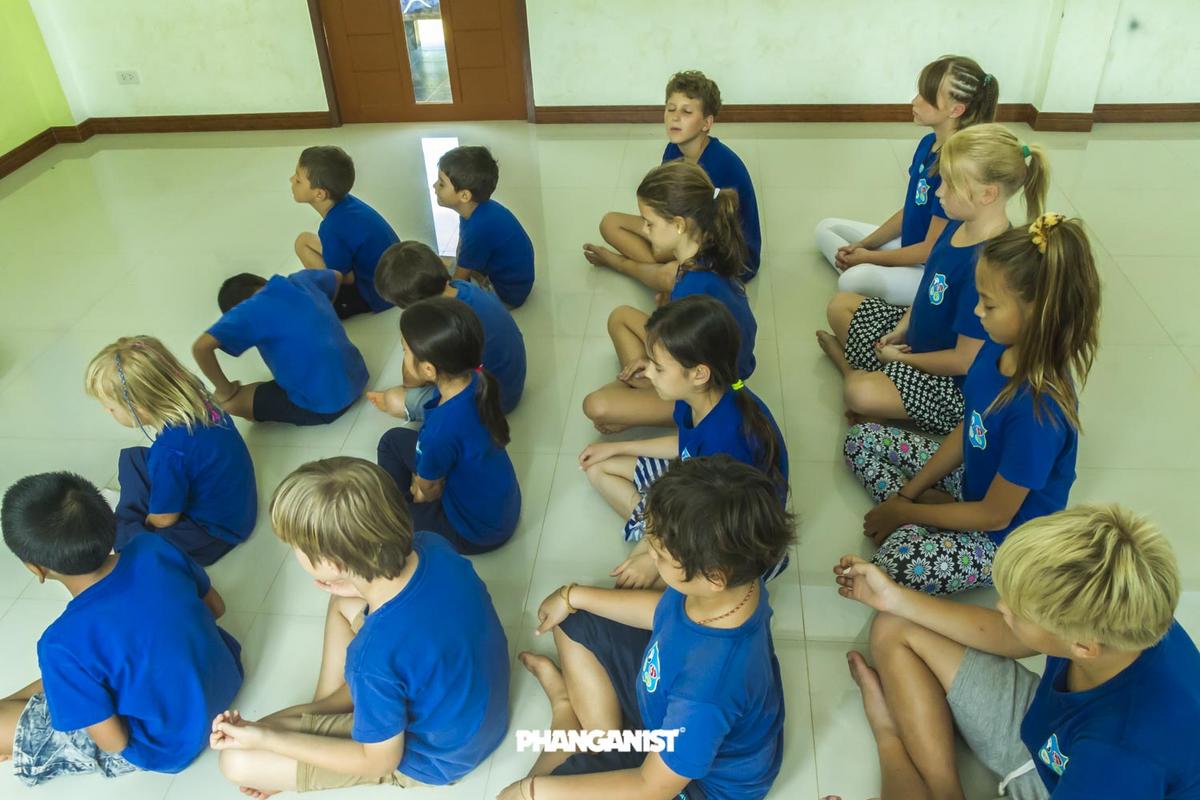
To celebrate the start of the mindfulness and meditation in Si Ri Panya School, five really fun introductory sessions have been planned for the children – including mindfulness and the art of chocolate eating!
Thank you Mr. Wijetson Bunchuoy for taking the time to talk with Phanganist today.
For further information about Si Ri Panya Tutorial School telephone +66 (0) 822898147 or email [email protected]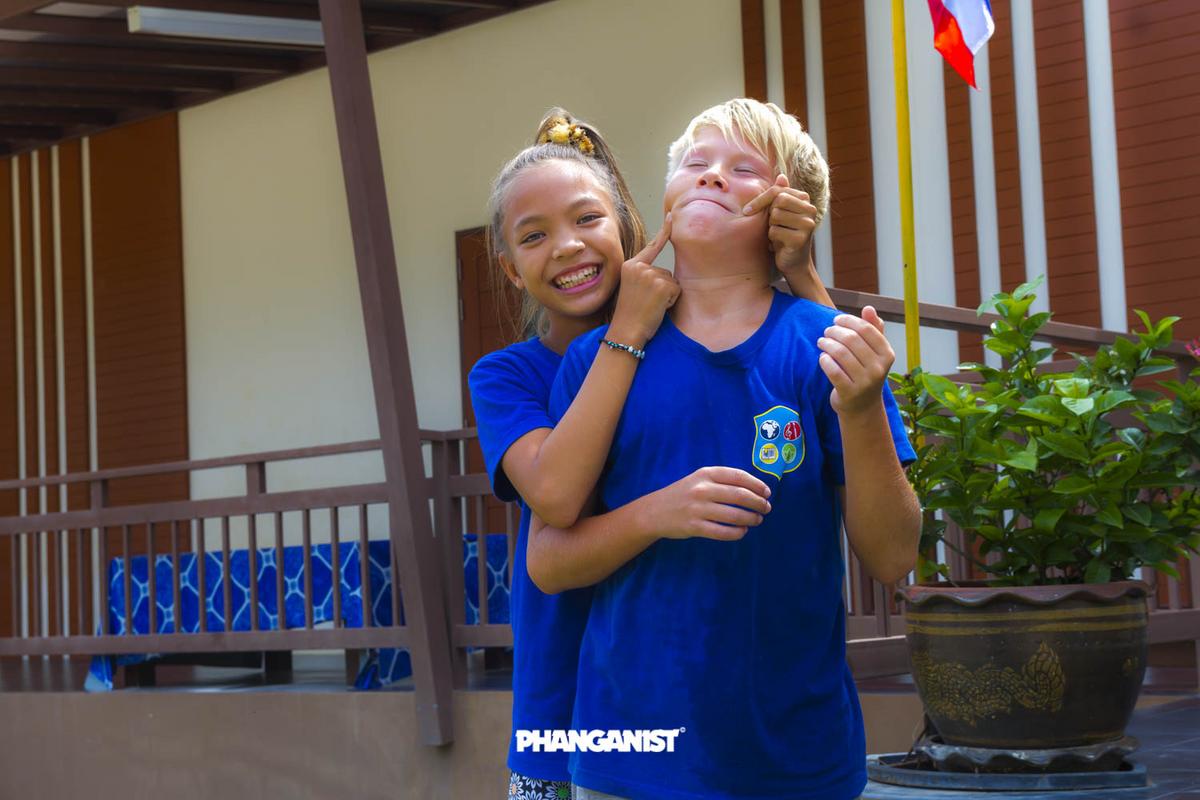
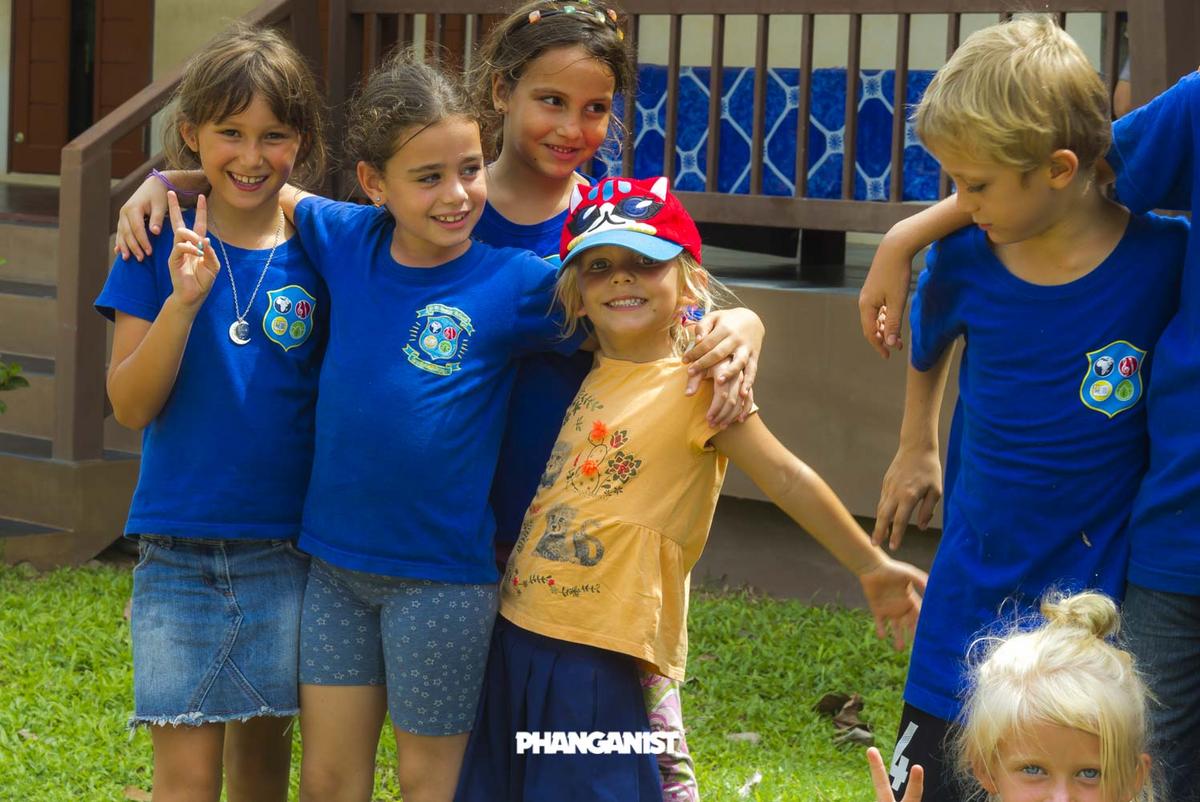
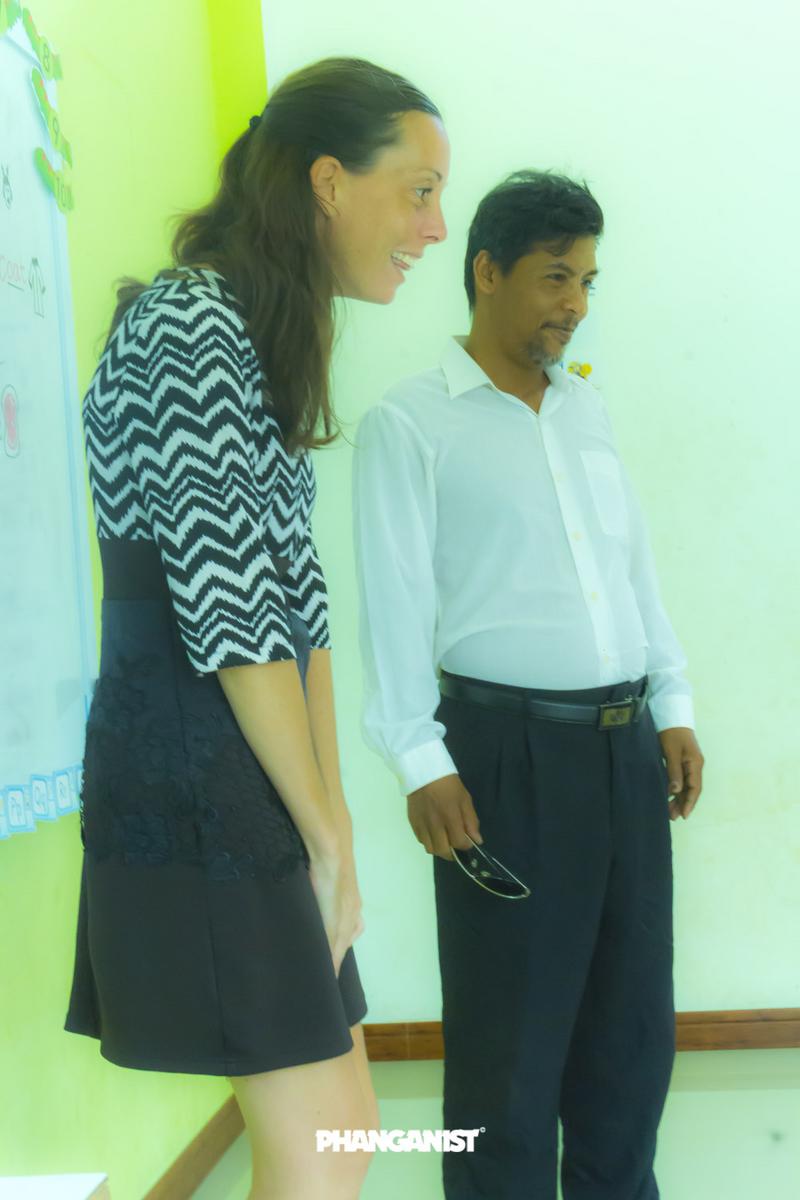
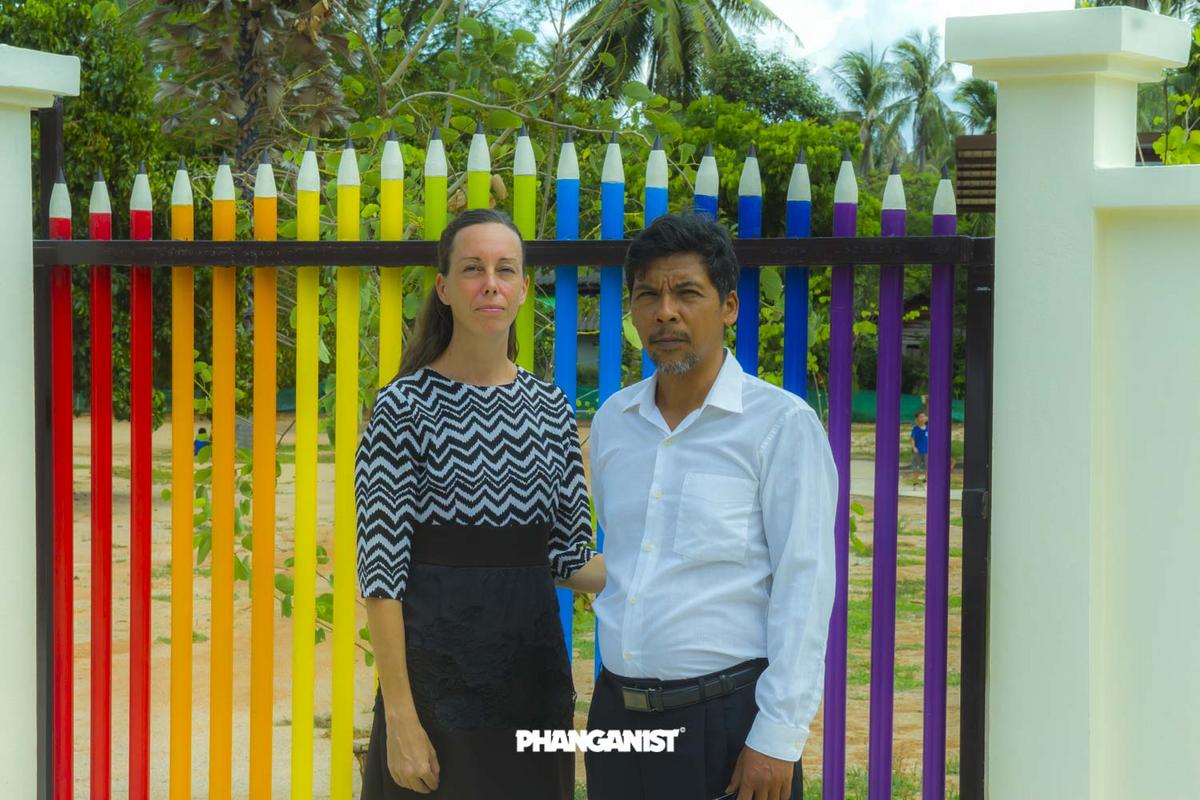

Keep updated with phanganist.com by following our Facebook page.